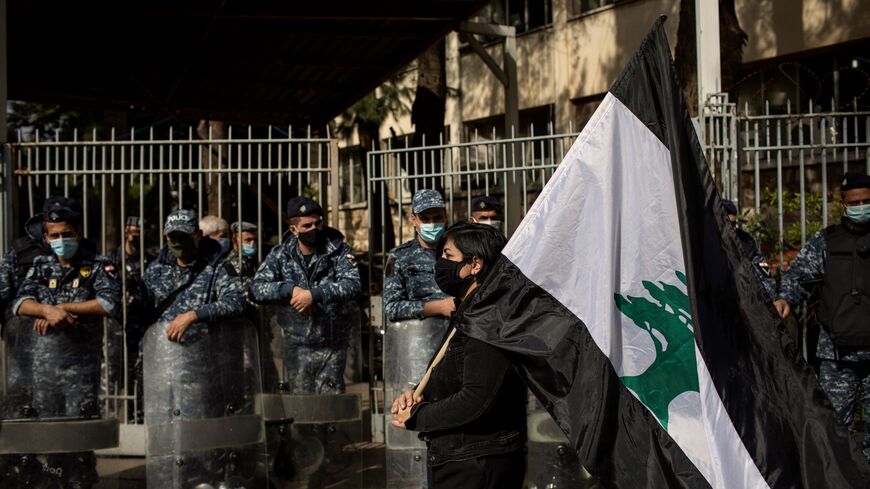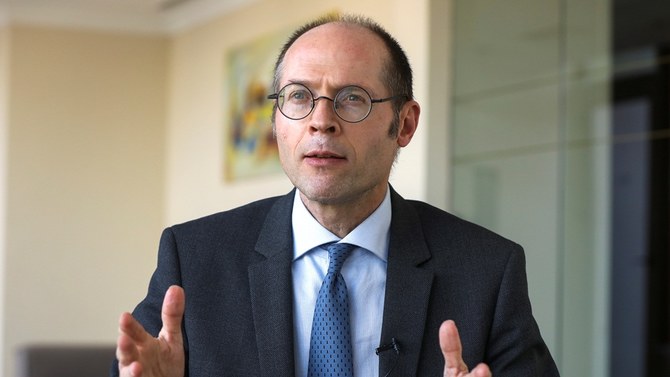كيف السبيل إلى معالجة قلق اللبنانيين الذي اعترف به نصر الله؟ يقول الرئيس ميشال سليمان في مداخلة ألقاها أمام ندوة “مؤتمر المسيحيين …

by .fides.org -- Beirut (Agenzia Fides) - Faced with the designs pursued by those who want to cancel the singular and unparalleled physiognomy of Lebanon from the Middle Eastern scenario, the only effective response remains that of returning to the founding "roots" of the Lebanese nation, drawing inspiration and criteria from them to face the systemic crisis that is gripping the Land of the Cedars. This is the "line" proposed by Cardinal Béchara Boutros Raï, Patriarch of Antioch of the Maronites, in the introductory speech he gave on Monday, November 8, at the opening of the Assembly of the Catholic Patriarchs and Bishops of Lebanon. In addition to Cardinal Raï, three other Eastern Catholic Patriarchs take part in the meeting, hosted at the Maronite Patriarchal See of Bkerkè (Melkite Youssef Absi, Syrian-Catholic Ignace Youssif III Younan and the newly elected Armenian-Catholic Patriarch Raphaël Bedros XXI Minassian) as well as numerous bishops and superiors general of the various Catholic ecclesial groups present in Lebanon.
In his opening speech, the Maronite Cardinal briefly recalled the constitutive factors of the institutional structure that characterize and protect the Lebanese peculiarity in contemporary historical events. First of all, Patriarch Raï valued the original distinction between political-state institutions and confessional dynamics which, albeit through paradoxical ways, has guaranteed pluralism and diversity as traits of Lebanese coexistence. The prevalence of belonging to the common nation over sectarian divisions - underlined the Patriarch - is the guiding principle to be reaffirmed if we do not want to see Lebanon sink into the quicksand of sectarianism. The National Pact of 1943, cited by the Patriarch in his speech, sealed the historical story of modern Lebanon by recognizing that the "status of neutrality" represents a sort of identity code of the Lebanese nation since its inception.

by al-monitor.com -- Families of those arrested in relation to the Beirut port explosion held a protest in Lebanon today. The families demonstrated in front of Lebanon’s Palace of Justice, and demanded the release of their loved ones who are imprisoned. They also alleged that the prisoners’ health is deteriorating, the official National News Agency reported. A massive explosion occurred in Beirut’s port in August 2020, leaving more than 200 dead, thousands displaced, and extensive damage throughout the city. The blast was the result of 1,750 tons of the flammable fertilizer ammonium nitrate catching fire in a warehouse. Lebanese authorities arrested the port manager following the explosion, along with several others. More than 20 port and customs officials have been arrested to date.

Olivier de Schutter, the UN special rapporteur
By Najia Houssari - arabnews.com -- BEIRUT: Lebanon continued its freefall into economic turmoil on Friday, with the medical, fuel, and food crises worsening and no political initiative being taken to overcome the deteriorating situation. The value of the Lebanese pound dropped to record lows, trading at 23,000 Lebanese pounds to the dollar on the black market. This crash was at least partly due to a speech given by Hezbollah Secretary-General Hassan Nasrallah on Thursday evening, in which he reaffirmed his hostile positions toward Saudi Arabia and called on the Lebanese to have “patience,” offering no solutions to their mounting problems. Fuel prices suddenly shot up on Friday. The price of a 20-liter gasoline canister ranged between 310,800 and 319,600 Lebanese pounds, the price of a diesel canister reached 311,000 pounds, and gas cylinders were selling for 266,000 pounds. The average price of fuel is now equivalent to half of the minimum wage.
Gas station owners reported an approximately 50 percent “decline in the sale of fuel.” Meanwhile, Economy Minister Amin Salam on Thursday decided to reduce the weight of a bundle of bread while maintaining its current price, which is the highest it has ever reached. A 1,050-gram bundle is now sold for 9,500 Lebanese pounds. The Ministry of Economy attributed this to “the high prices of flour, diesel and other materials.”
Khazen History


Historical Feature:
Churches and Monasteries of the Khazen family

St. Anthony of Padua Church in Ballouneh
Mar Abda Church in Bakaatit Kanaan
Saint Michael Church in Bkaatouta
Saint Therese Church in Qolayaat
Saint Simeon Stylites (مار سمعان العامودي) Church In Ajaltoun
Virgin Mary Church (سيدة المعونات) in Sheilé
Assumption of Mary Church in Ballouneh
1 - The sword of the Maronite Prince
2 - LES KHAZEN CONSULS DE FRANCE
3 - LES MARONITES & LES KHAZEN
4 - LES MAAN & LES KHAZEN
5 - ORIGINE DE LA FAMILLE
Population Movements to Keserwan - The Khazens and The Maans
ما جاء عن الثورة في المقاطعة الكسروانية
ثورة أهالي كسروان على المشايخ الخوازنة وأسبابها
Origins of the "Prince of Maronite" Title
Growing diversity: the Khazin sheiks and the clergy in the first decades of the 18th century
Historical Members:
Barbar Beik El Khazen [English]
Patriach Toubia Kaiss El Khazen(Biography & Life Part1 Part2) (Arabic)
Patriach Youssef Dargham El Khazen (Cont'd)
Cheikh Bishara Jafal El Khazen
Patriarch Youssef Raji El Khazen
The Martyrs Cheikh Philippe & Cheikh Farid El Khazen
Cheikh Nawfal El Khazen (Consul De France)
Cheikh Hossun El Khazen (Consul De France)
Cheikh Abou-Nawfal El Khazen (Consul De France)
Cheikh Francis Abee Nader & his son Yousef
Cheikh Abou-Kanso El Khazen (Consul De France)
Cheikh Abou Nader El Khazen
Cheikh Chafic El Khazen
Cheikh Keserwan El Khazen
Cheikh Serhal El Khazen [English]
Cheikh Rafiq El Khazen [English]
Cheikh Hanna El Khazen
Cheikha Arzi El Khazen
Marie El Khazen